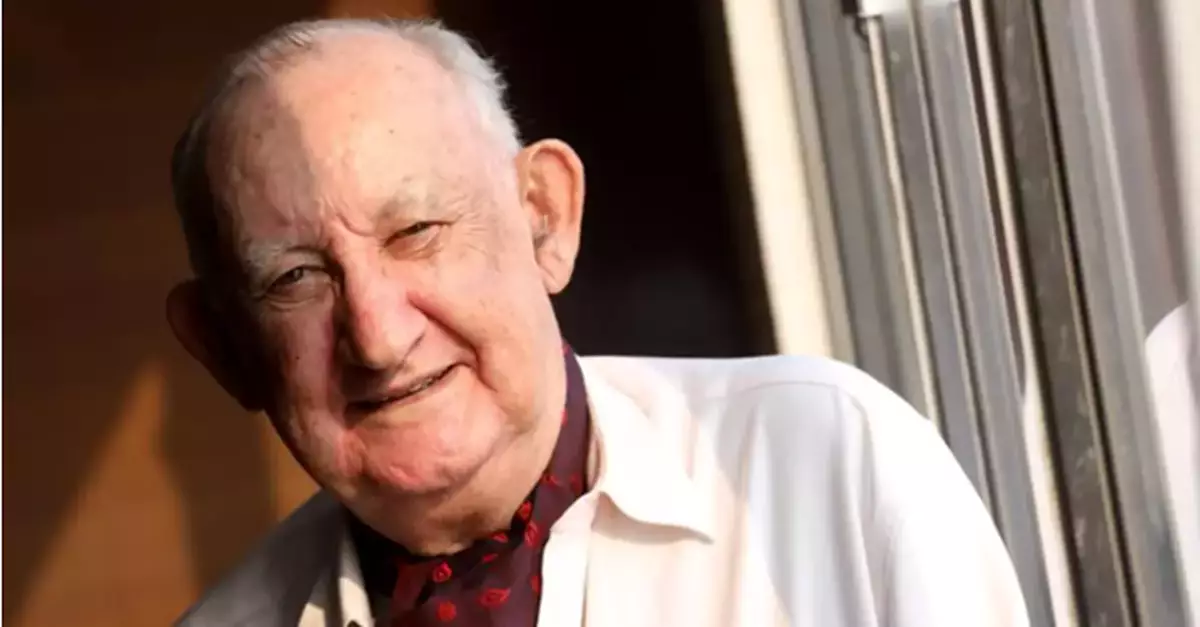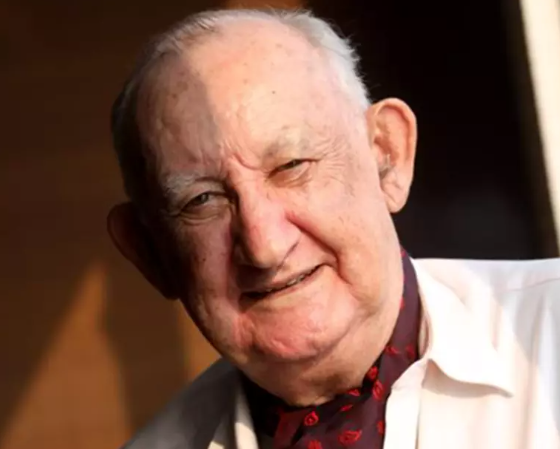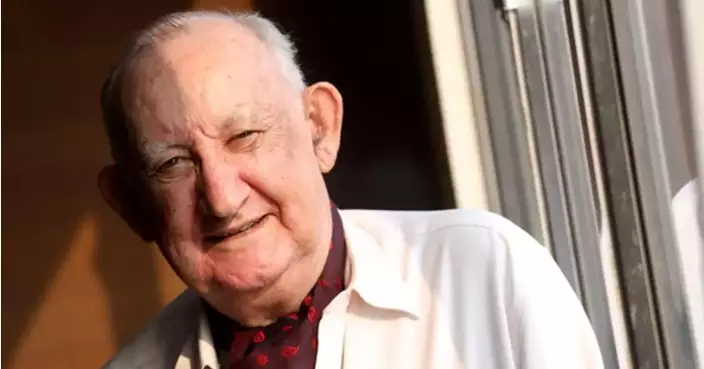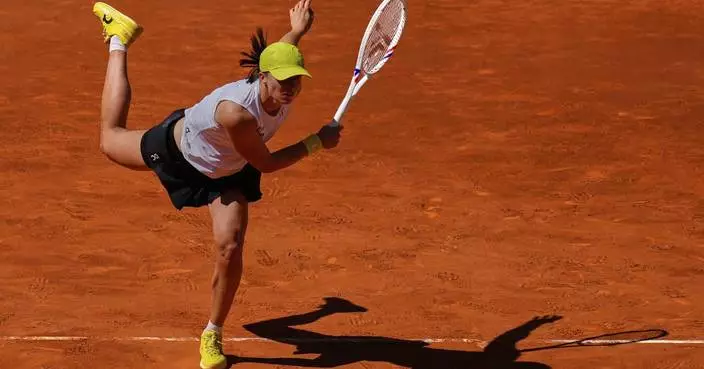Mark Pinkstone/Former Chief Information Officer of HK government
The disbandment of the Democratic Party from Hong Kong’s political scene would be seen as a blow to the HKSAR’s political development. In all democracies an incumbent government is balanced by an opposition. And the Democratic Party has played that role since its formation in 1994.
Way back in the 70's and 80's there were no political parties in Hong Kong. All members of the Legislative Council were appointed by the governor. But there was an underlying muttering among the young academics seeking change to the way Hong Kong was being administered. The government of the day was horrified that someone had the audacity to question its actions and set up a secret task force – Special Committee on Pressure Groups (SCOPG) – to monitor their actions. This was the start of political development in Hong Kong.
Two of these special interest groups – Meeting Point and United Democrats – merged in 1994 to form the Democratic Party of Hong Kong, led by barrister Martin Lee.
It gained in popularity and became the largest party in the legislature, which, at that time was 50 per cent elected and 50 per cent appointed. But oppose they did. They protested and held vigils against the Tiananmen Square incidents with students and called for the end of the one-party rule in China. It was basically an anti-China organisation. They boycotted the Provisional Legislative Council in 1997 which was formed to transcend the legislature from British to Chinese Sovereignty, known as the “through train.”
By this time, Hong Kong had a fully elected legislature – 50 per cent elected by geographic constituencies and 50 per cent by functional constituencies – with the Democratic Party being the largest. The goal is to have a fully elected legislature by universal suffrage in accordance with the Basic Law, Hong Kong’s mini constitution, with no timetable set.
But this is not possible until there is a mature legislature and a public that fully understands Hong Kong’s relationship with China and its Central Committee. Hong Kong is, after all, and inalienable part of China. However, this was the downfall of the Democratic Party.
New blood joining the party were mainly high-spirited young lawyers and university graduates keen to change China and Hong Kong: the impossible. Their lack of maturity and understanding created squabbles within the Party and fractures appeared within its hierarchy.
During the mid- 90's the fractions within the party were becoming more public and the rebels, known as the Young Turks, took control of its leadership. Hong Kong was becoming more politicized and more political groups or parties emerged. The Young Turks have thrown their cultural heritage to the wind and have no loyalty to their homeland. Instead, they have been seeking independence for Hong Kong, which is totally unrealistic in practical terms. Besides, the majority of Hong Kong’s population is in favour of maintaining the status quo; the one country, two systems.
The Party was fairly well organized with 94 district offices and when organizing the mass protest against Article 23 legislation on national security it called 40,000 supporters personally on its data base to join the demonstration. The protests won the day, and the government shelved the proposal to 2024 when it was passed,
However, the Party was losing ground. Hong Kong people don’t like confrontation and became more supportive towards pro-Beijing politicians. All they want is peace and stability. In the 2007 District Council elections, the Party lost 36 seats, compared with the 2003 elections, and 23 of the party’s incumbent councillors were ousted.
The immature Young Turks were also behaving badly in the Chamber by refusing to take the Oath of Allegiance as prescribed by the attending officers. They were disqualified, as they would in any country, but they still cried foul and continued to get western support. There were several showtime antics and walkouts which did not endear them to the general public.
The party continued to have internal problems and by December 2020 some 50 members had left the party to form new parties.
On February 20, this year, the party announced it was preparing to disband, which immediately caught the attention of the international media, blaming the disbandment as a result of Beijing pressure. Nothing could be further from the truth. It has run its course and its committee, at a soon to be announced general meeting, will decide whether to pack up their bags or stay in.
The problems with the Democratic Party has been internal bickering, but it serves a purpose in the Hong Kong political scene. It is the opposition. And blaming China does not help. Wikipedia, an internet portal encyclopaedia, said the party was to dissolve in 2025 after the party was unable to enter the elections at the end of the year with the national security threshold imposed. This is totally untrue as the elections are open to everyone. The piece was obviously written by a member of the party.
The best thing for the Party is to stay in the race by reinventing itself. Forget plans of grandeur and independence. Work with the people and with the administration to make Hong Kong a better place.
Mark Pinkstone
** The blog article is the sole responsibility of the author and does not represent the position of our company. **


















































